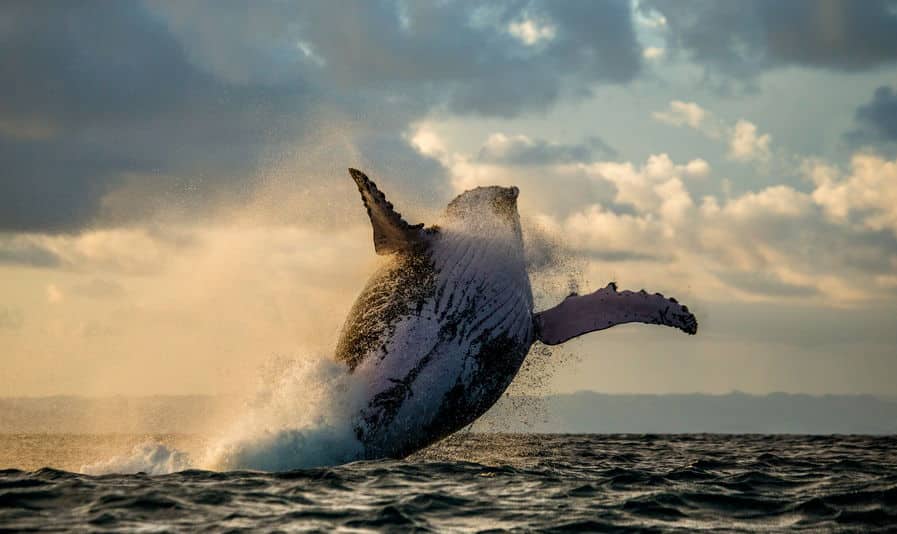By Sean Zucker –
Whale everything be alright? Not quite. NBC News just reported that over the span of nine days between March 31st and April 8th four dead whales washed ashore in the San Francisco Bay area. Troubling as these four deaths are, they may signal environmental issues that could have far-reaching consequences for both people and these mammals.
Experts suggest one whale was seemingly hit by a ship. The death of the other three lack a comparable explanation. Given that only 13 whale carcasses washed ashore in the Bay Area in 2019, four in just over a week raised a red flag for some observers. Especially since 13 whale deaths in one year was already considered an alarming number. According to NBC, scientists feared the large 2019 number may have been the result of the animals starving, a possibility that could have limited their ability to complete their annual migration from Mexico to Alaska.
Dr. Pádraig Duignan, Director of Pathology at The Marine Mammal Center in California, echoed the immediate concern, while underscoring the long term threat. “It’s alarming to respond to four dead gray whales in just over a week because it really puts into perspective the current challenges faced by this species,” he told NBC News.
The network notes biologists had already observed the poor body conditions of gray whales during their annual migration since 2019, when an “unusual mortality event” was declared by the National Oceanic and Atmospheric Administration. Along with entanglements in fishing gear and ship strikes, the center also identified malnutrition as the most common causes of whale deaths in recent years.
A 2019 study out of the Bigelow Laboratory for Ocean Sciences seemingly supported the center’s assertions. Its research connected then recent changes in right whales movements in the North Atlantic to decreased food supplies and rising temperatures in Gulf of Maine’s deep waters. Originally published in Oceanography, the research’s deep dive into changes in migratory patterns was spurred on by right whales showing up in unexpected and strange places over the prior years.
These displaced whales were apparently responding to shifts in circulation patterns in the North Atlantic Ocean and the Gulf of Maine, which were caused by climate change.
“The climate-driven changes rippling throughout the Gulf of Maine have serious consequences for the small number of remaining right whales,” warned Nick Record, a senior research scientist at Bigelow Laboratory and lead author of its study. “Climate change is outdating many of our conservation and management efforts, and it’s difficult to keep up with the rapid evolution of this ecosystem.”
Record’s team discovered some of these deep waters have warmed nearly 9 degrees Fahrenheit since 2004—twice as much as the fastest warming of surface waters. Consequently, the higher temperatures have put the right whales in jeopardy by significantly reducing the supply of its primary food source—a high-fat, rice-sized crustacean called Calanus Finmarchicus.
Unfortunately, the danger isn’t limited to just right whales or whales in general. A reduction in the general whale population could prove disastrous for the ocean’s ecosystem and earth’s future. The World Wildlife Fund (WWF) notes that whales are at the top of the food chain and play an important role in the overall health of the marine environment. They are an elite ally in the fight against climate change as whales play a crucial role in capturing carbon from the atmosphere.
Sadly, six out of the 13 great whale species are currently classified as endangered or vulnerable. Even after decades of protection efforts, an estimated minimum of 300,000 whales and dolphins are killed each year as a result of fisheries bycatch, which occurs when a species is caught unintentionally, while others fall to threats such as shipping, habitat loss and changes in food supplies.
Ultimately, getting whale soon is a boon for everyone.












